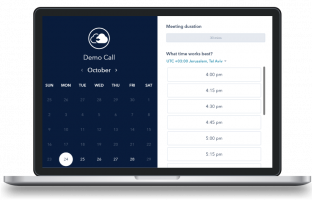What is a Data Retention Policy?
A Data Retention Policy refers to the set of guidelines that governs the management of an organization’s data, dictating how long data should be retained, and the manner in which it is archived or deleted after its retention period ends. This policy helps organizations comply with legal obligations and optimize their storage resources by keeping only the necessary data for as long as required.
Benefits of a Data Retention Policy
Implementing a data retention policy offers several advantages:
- Compliance with Regulations: Many industries are subject to regulations that require the retention of electronic records for a specific period. A clear policy helps in complying with such legal requirements.
- Efficiency in Data Management: By systematically purging outdated information, companies can reduce costs associated with data storage and management.
- Reduced Legal Risk: Retaining data longer than necessary can increase the risk of data breaches and non-compliance with data protection laws. A data retention policy mitigates these risks by ensuring timely data disposal.
- Enhanced Data Privacy: Regularly reviewing and discarding unnecessary data helps protect sensitive information, aligning with best practices in data privacy.
Best Practices for Establishing a Data Retention Policy
Creating an effective data retention policy involves several key practices:
- Assessment of Data Types: Identify what data is collected, and determine its relevance and required retention period based on legal, business, or operational needs.
- Regular Updates and Review: As business needs and legal requirements change, regularly update the retention policy to reflect these changes.
- Clear Communication and Training: Ensure all employees understand the policy’s importance and their role in its implementation.
- Enforcement of Policy: Regularly audit data storage and disposal practices to ensure compliance with the policy.
Data Retention Policy Template
A basic template for a data retention policy should include:
- Objective of the Policy: Clearly state the purpose of the policy.
- Scope of Data: Define the types of data covered by the policy.
- Retention Schedule: Detail how long each type of data will be kept.
- Roles and Responsibilities: Specify who is responsible for implementing the policy.
- Process for Data Disposal: Outline methods and procedures for securely disposing of data after the retention period.
Get Unlimited Data Retention with CloudAlly
CloudAlly provides robust solutions for secure cloud backup and recovery, ensuring that your organization’s data is protected throughout its lifecycle. By integrating CloudAlly’s services, businesses can efficiently manage their data retention and ensure compliance with various regulatory standards. Learn more about how CloudAlly can assist in implementing and managing your data retention needs here.










